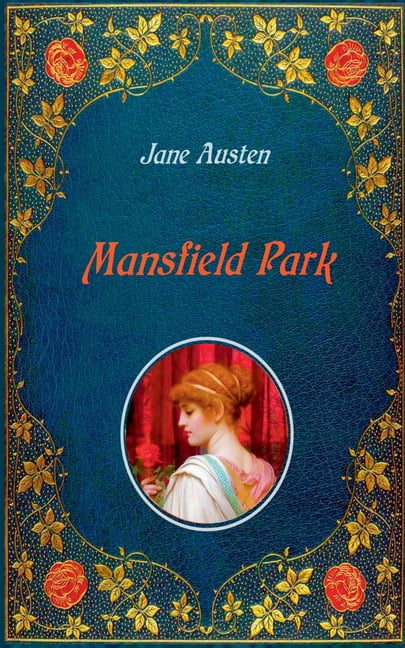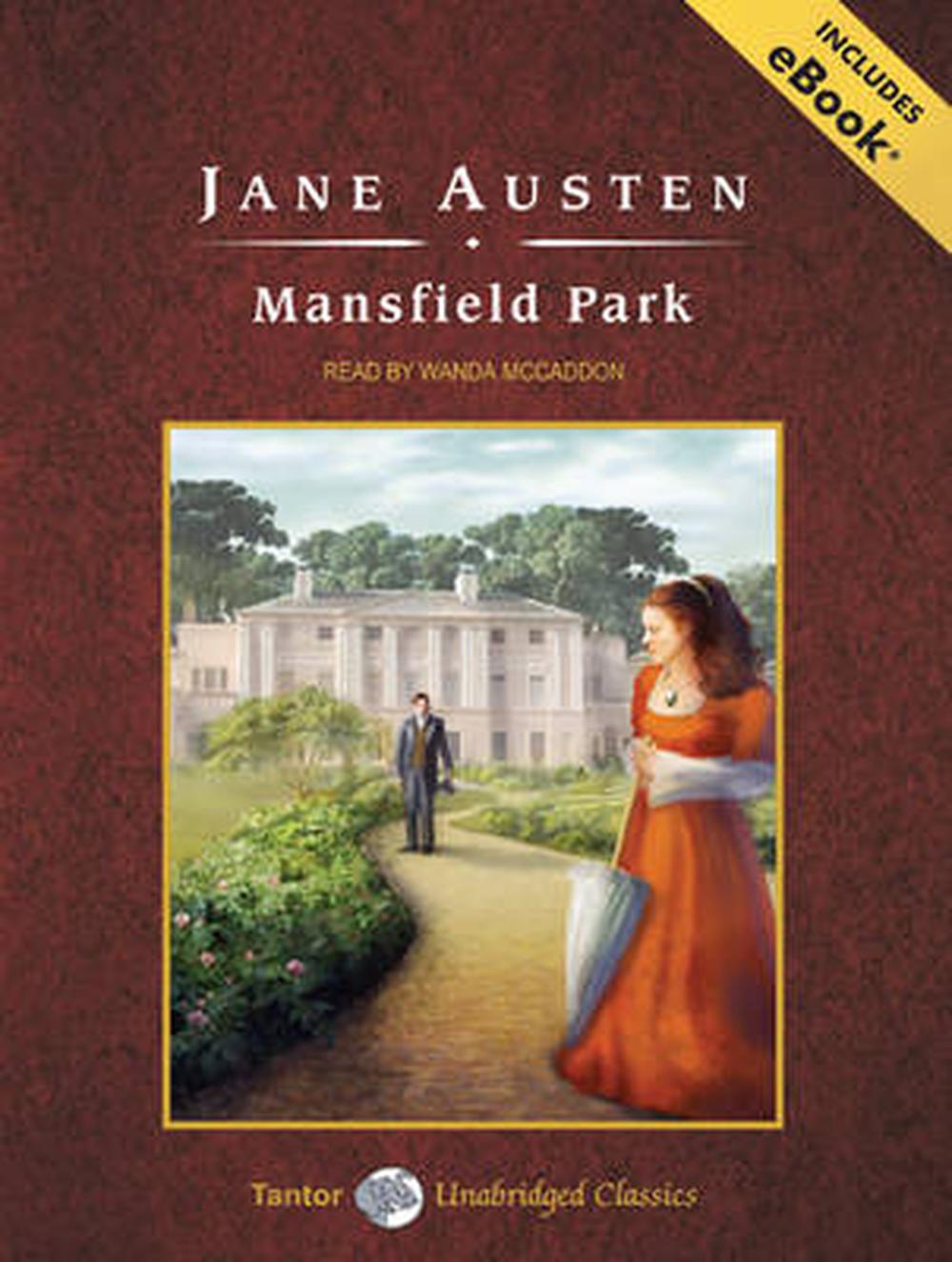
Rozema claimed that her interpretation had been shaped by the work of feminist academics it certainly had little sanction from the novel. Patricia Rozema's 1999 film starred Frances O'Connor as a sharp-tongued Fanny who rode bareback through thunderstorms and was not averse to a snog with Henry Crawford.

Modern discontent with Austen's heroine has been expressed clearly enough in the two most recent film adaptations of the novel. Kingsley Amis called Fanny "a monster of complacency and pride" concealed under "a cloak of cringing self-abasement". Marilyn Butler, whose book Jane Austen and the War of Ideas did much to establish the novelist's intellectual credentials, nevertheless conceded "that Fanny is a failure is widely agreed".

"Nobody, I believe, has ever found it possible to like the heroine of Mansfield Park," declared the great critic and Austen aficionado Lionel Trilling. Even lovers of Austen's novels have their problems with Fanny Price. 114.‘It is as if Austen is daring her readers to stay with her' … Frances O'Connor as Fanny Price Photograph: Miramax/Everett /Rex 73 Devlin says that by not submitting Fanny threatens the society and proves that she alone is free (‘Mansfield Park’, Ariel, 2 35).īenjamin Whitten, Jane Austen’s Comedy of Feeling (Ankara: Hacettepe University Publications, 1974) p. Tave describes Fanny as redeeming her society by defending personal integrity in making a marriage choice (Jane Austen and one of her contemporaries’, in Halperin, Jane Austen, p. Burroway, ‘The Irony of the Insufferable Prig: Mansfield Park’, Critical Quarterly, 9 (1967) 135–8. Zimmerman, ‘Jane Austen and Mansfield Park: A Discrimination of Ironies’, Studies in the Novel, 1 (1969) 347–56. DeRose, ‘Hardship, Recollection, and Discipline: Three Lessons in Mansfield Park’, Studies in the Novel 9 (1977) 261–78 Donohue, op. Lascelles, Jane Austen and the novel’, in Halperin, Jane Austen p. Donohue, Jr, ‘Ordination and the Divided House at Mansfield Park’, ELH 32 (1965)’ 171, 178 Donovan, Shaping Vision p. Walling, ‘The Glorious Anxiety of Motion: Jane Austen’s Persuasion’, Wordsworth Circle, 7 (1976) 333–41.

97 Lovell, Jane Austen and the Gentry’, pp. Lodge, Language of Fiction (London: Routledge & Kegan-Paul, 1966) p. Kinkead-Weekes, ‘This Old Maid: Jane Austen Replies to Charlotte Brontë and D.

Fleishman, ‘Mansfield Park in Its Time’, NCF, 22 (1967) 1–16 228–9, 247 Duffy, ‘Moral Integrity and Moral Anarchy’, pp. 92 Butler, Jane Austen and the War of Ideas, pp. 109 Craik, fane Austen: The Six Novels, p.


 0 kommentar(er)
0 kommentar(er)
